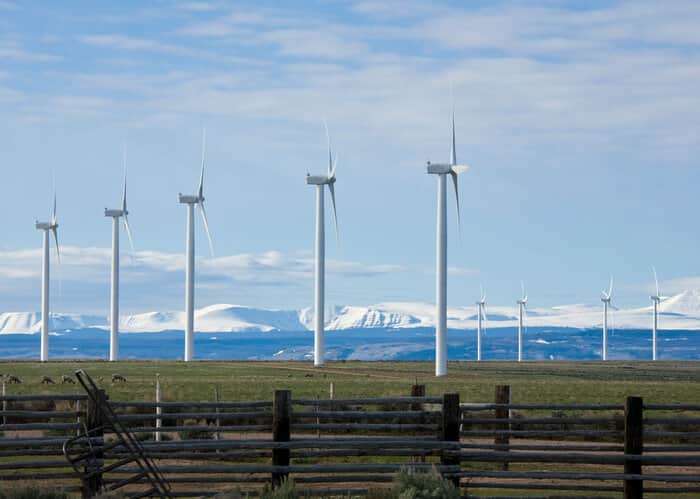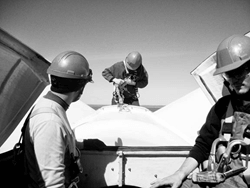In an address to the Indiana Council on World Affairs and Indiana Businesses for a Clean Energy Economy, Exelon Chairman and CEO John W. Rowe said that cap-and-trade is the most economic way to address climate change, especially in carbon-intensive Indiana, which gets about 95% of its energy from coal.
‘Our nation is dealing with the climate issue, regardless of what happens in Congress, so we must do it in the cheapest way possible,’ Rowe said. ‘Under cap-and-trade, carbon-intensive regions of the country like the Midwest will remain competitive, and potentially create thousands of jobs.’
An October 2009 study by University of California-Berkeley estimates that a comprehensive climate policy stressing energy efficiency, renewables and other low-carbon investments could create 22,000 to 45,000 jobs in Indiana by 2020.
Rowe also refuted the idea that cap-and-trade would transfer wealth from the Midwest to the coasts. According to analysis by consulting firm MJ Bradley, the average monthly residential electricity bill in Indiana would go up $6 if the bill proposed by Henry Waxman, D-Calif., and Edward Markey, D-Mass., were to become law – and would still be only half what a customer in Massachusetts or New York pays.
Indiana is among 12 states in the Midwest that account for nearly 30% of all U.S. greenhouse gas emissions, meaning the Midwest has far more at stake in the creation of new national energy policy to address climate change.
SOURCE: Exelon



